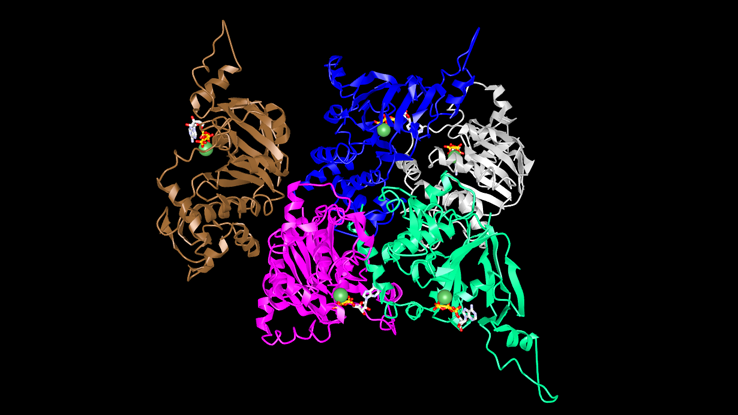
Workshops for life science researchers

The Libraries offers two free workshops in bioinformatics searching to students and faculty. Attendees will learn about National Center for Biotechnology Information (NCBI) databases and tools, which are broadly applicable for bench researchers in life sciences.
In Introduction to Bioinformatics and NCBI Molecular Searching, on Wednesday, Nov. 15, 1:00 p.m.-3:00 p.m. in the ITTC Lab 2 at the D. H. Hill Jr. Library, attendees will learn the power of using bioinformatics and biomolecular databases in their life science research. Researchers' ability to access this information accelerates discovery and makes possible computational analysis that would not be possible at smaller scales. We will examine the vast store of biomolecular records to which the NCBI provides free access and learn how to leverage their information and tools by using Entrez to conduct text searches to find biomolecular information within Gene, Nucleotide, and Protein.
The following day, on Thursday, Nov. 16, 1:00 p.m.-3:00 p.m. in the ITTC Lab 2 at the D. H. Hill Jr. Library, we offer an Introduction to NCBI BLAST Searching. Along with their wealth of data, the NCBI also makes available powerful analytical tools such as the Basic Local Alignment Search Tool, BLAST. Students will learn the basic operation of a BLAST search as a means of discovery and computational analysis in the biomolecular sciences. A duplicate BLAST workshop will be held at the UNC-Chapel Hill Health Sciences Library on Tuesday, Nov. 14 at 9:00 a.m.
These workshops are taught by Alex Carroll, Research Librarian for Engineering and Biotechnology and Danica Lewis, NCSU Libraries Fellow, and developed in collaboration with Barrie Hayes, Bioinformatics & Research Data Librarian at the UNC-Chapel Hill Health Sciences Library. Advance registration is required.
The NCBI is a national resource for molecular biology information, developing new information technologies to aid in the understanding of fundamental molecular and genetic processes that control health and disease. More specifically, the NCBI has been charged with creating automated systems for storing and analyzing knowledge about molecular biology, biochemistry, and genetics; facilitating the use of such databases and software by the research and medical community; coordinating efforts to gather biotechnology information both nationally and internationally; and performing research into advanced methods of computer-based information processing for analyzing the structure and function of biologically important molecules.

